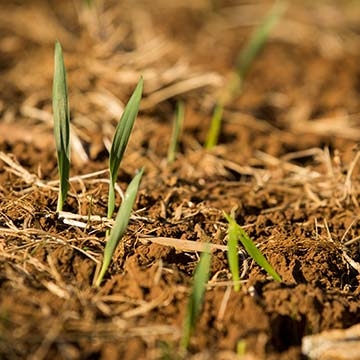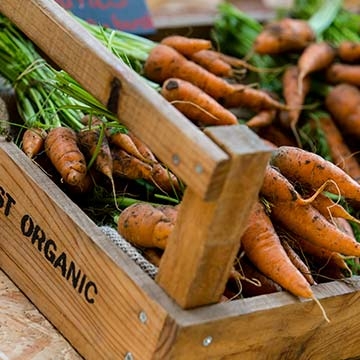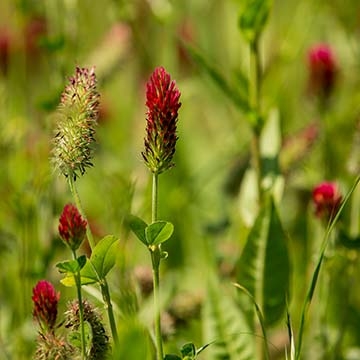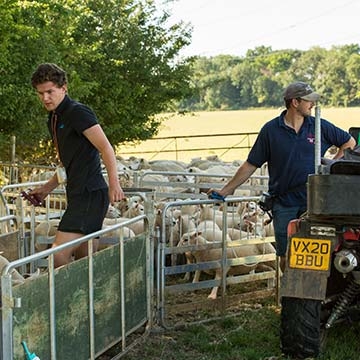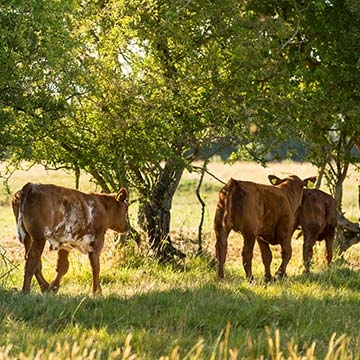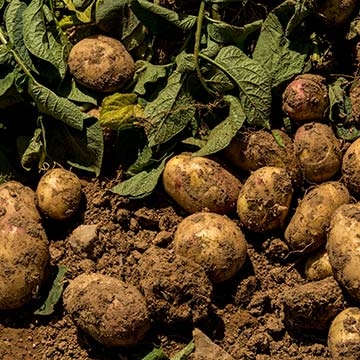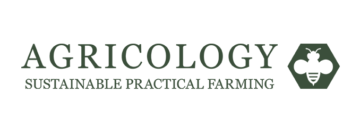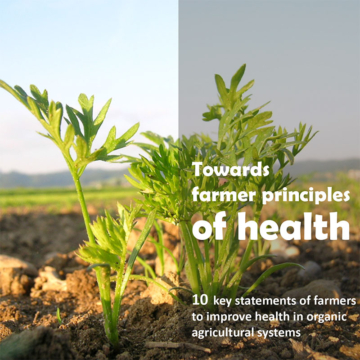What is organic farming?
Organic agriculture relies on ecological processes, biodiversity and cycles adapted to local conditions, rather than the use of inputs with adverse effects.
It combines tradition, innovation, and science to benefit the shared environment and promote fair relationships and good quality of life for all involved (IFOAM General Assembly 2008).
Farming organically implies a commitment to four principles:
- Health. Organic agriculture should sustain and enhance the health of soil, plant, animal, human and planet as one and indivisible.
- Ecology. Organic agriculture should be based on living ecological systems and cycles, work with them, emulate them and help sustain them.
- Fairness. Organic agriculture should build on relationships that ensure fairness with regard to the common environment and life opportunities.
- Care. Organic agriculture should be managed in a precautionary and responsible manner to protect the health and well-being of current and future generations and the environment.
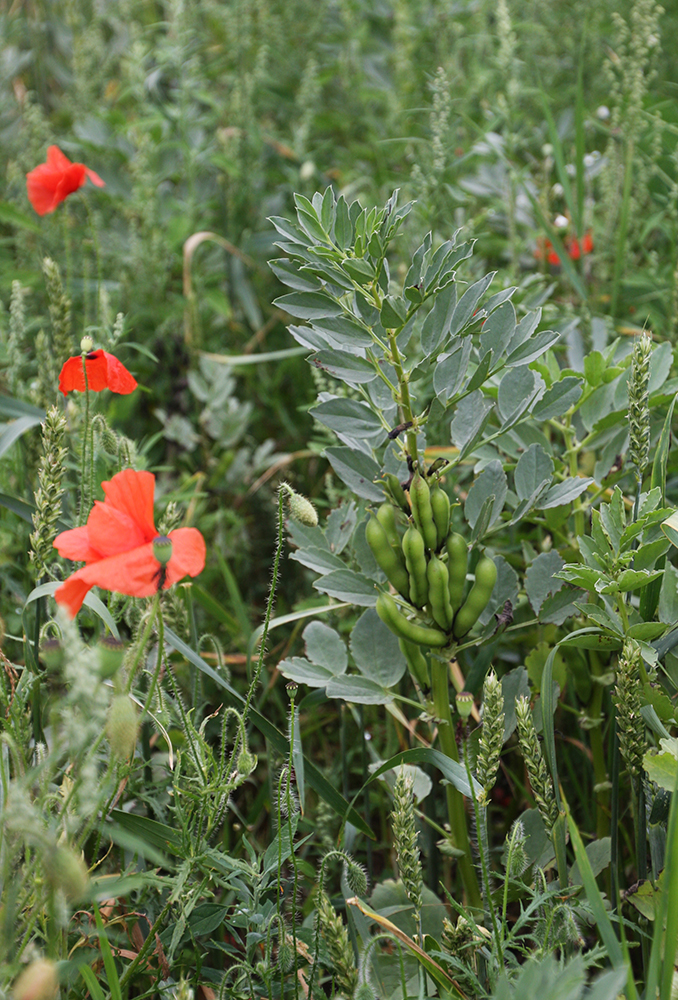
The benefits of farming organically
Better for the environment, better for farmers, better for us all. Find out why organic farming makes sense:



